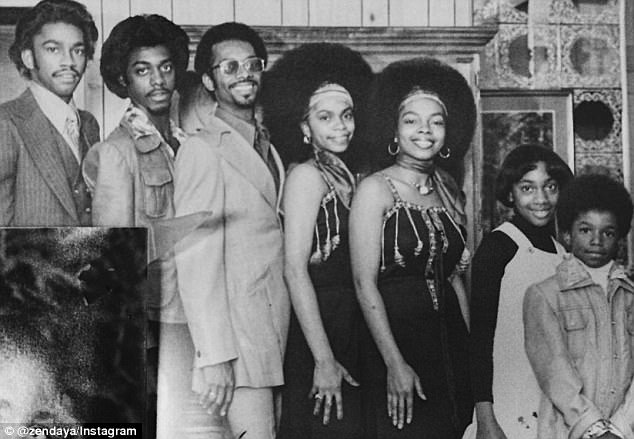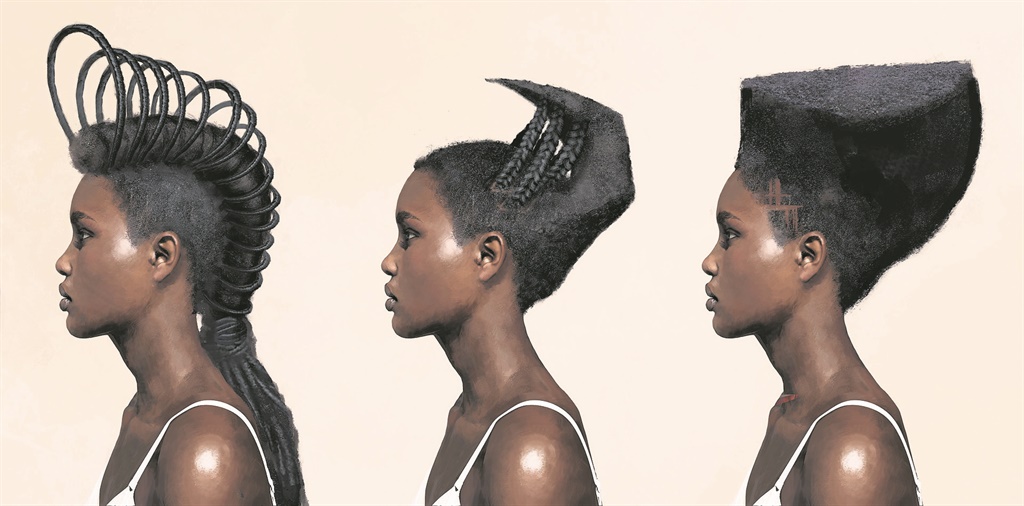Black Women and their Hair - Brief History
All throughout history, Black hair has been tied distinctly into the identities of different black communities and people. Dating back to pre-colonial African Societies, Black hair was even seen as a symbol of a person's identity.
Prior to colonization, every Black woman had a different hairstyle for every different occasion. But this quickly changed as soon as the transatlantic slave trade began. The slavery era pretty much set the stage for the negative stereotyping of black people and how they presented their hair.
From the time of enslavement, black women were measured from the standards of Eurocentric beauty, which they clearly didn't fit into; their beauty was depicted as different and opposite from that of white women, thus making it negative.
Black Women were thence viewed through the White Western Eye; they were pointed out and told that their physical attributes weren't beautiful.
The life of Sara Baartman, The Hottentot Venus, is a perfect exemplification of this White Western Eurocentric gaze. She was constantly scrutinized and made fun of until the time of her death.

So from loving and religiously caring for their hair, black women became propelled to start covering up their hair and eventually emulating the European hairstyles (but not because they thought they were pretty).
The Eurocentric standards cast and named Black women's hair as 'unusual' and 'animalistic,' and they responded to this by emulating the European hairstyles; manipulating their hair with heat and chemicals to conform in order to be accepted. Through this emulation, Black women pushed back and held their refusal against the idea that they were inferior or animalistic.
Black Women's hairstyles became a crucial part of the major black liberation movements. They had decided against fitting into the norm just to survive, and so they protested with their afros in the movements, and it then became a symbol of resistance for them.

Today, conversations around black hair have become much more politicized, and societal standards of what constitutes 'normal' hair repeatedly exclude black people. This has resulted in black children in the younger generation being singled out and policed because of their hair.
This is an undue burden that many Black women and children continue to carry, but with greater awareness around this issue and new laws like the CROWN Act, more and more Black people are being empowered and accepted to show up to work and school as their most authentic selves, in their natural state.
References
Bero, T. (2021, October 15). Tangled roots: Decoding the history of black hair | CBC RadioTayo. CBCnews. https://www.cbc.ca/radio/ideas/tangled-roots-decoding-the-history-of-black-hair-1.5891778
